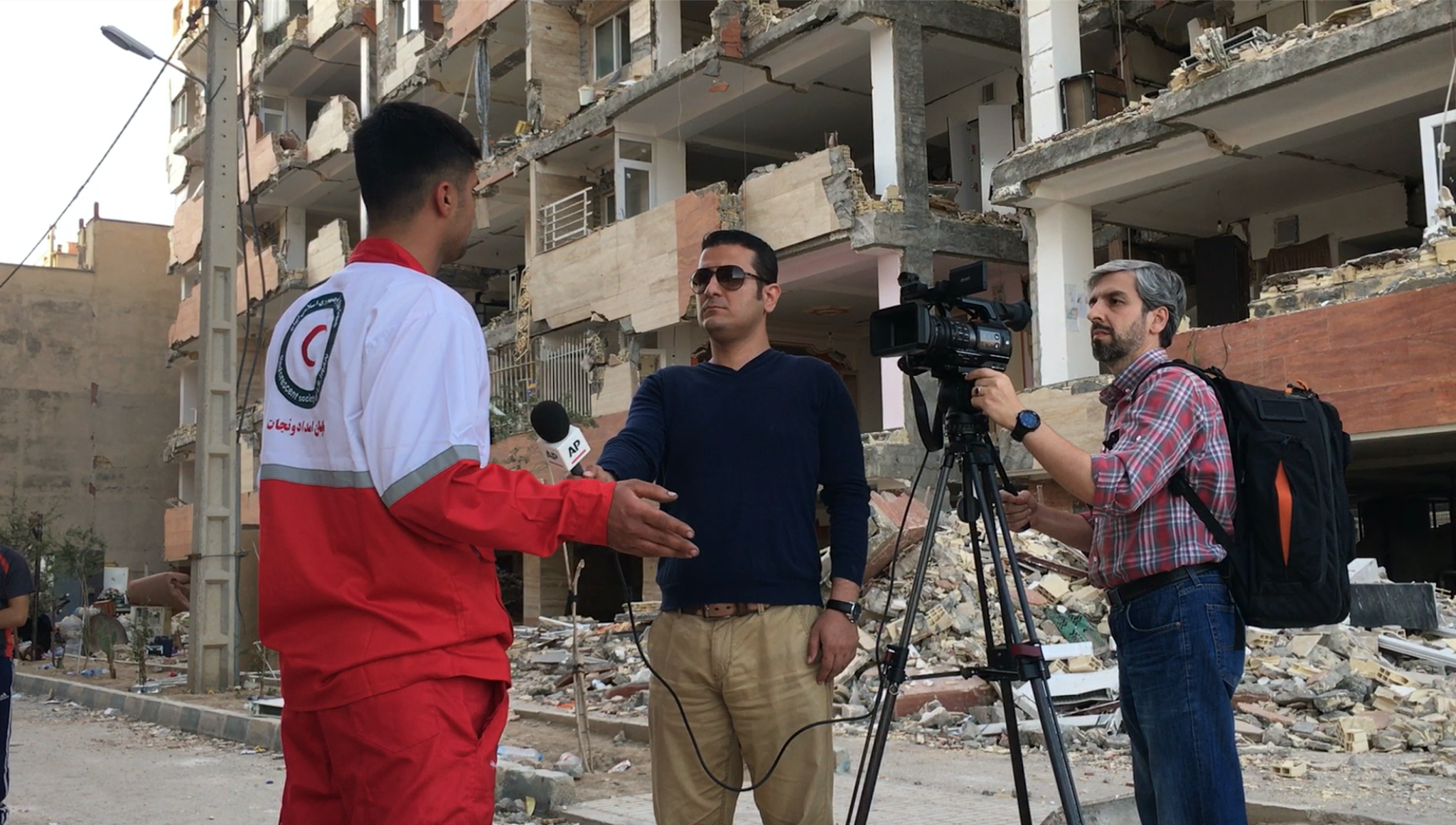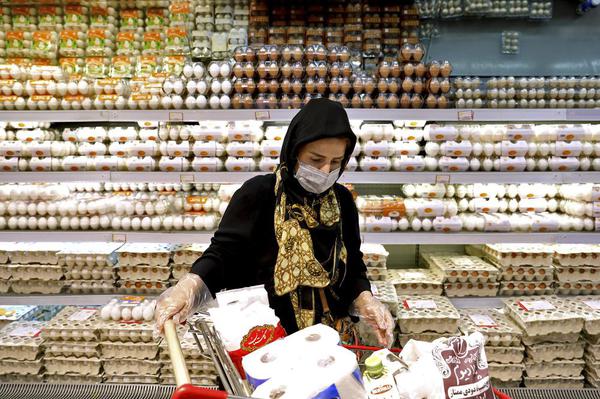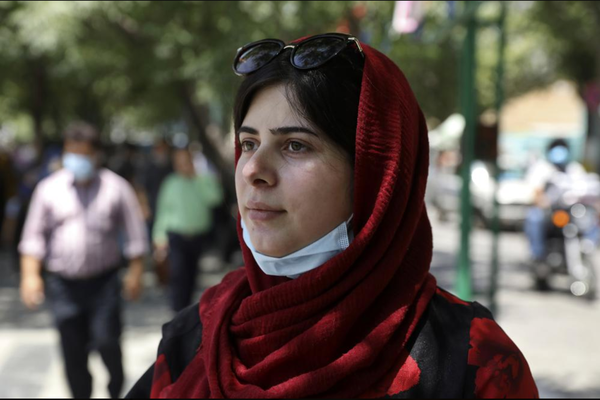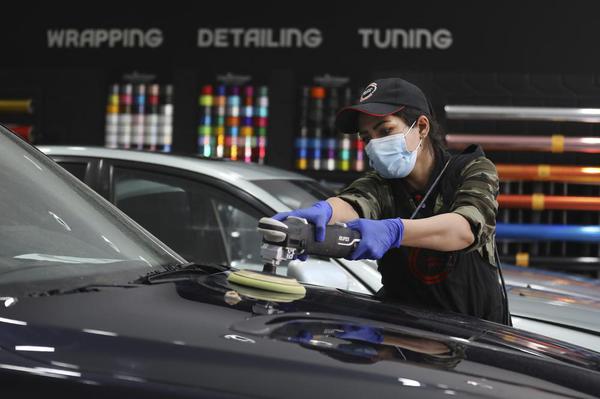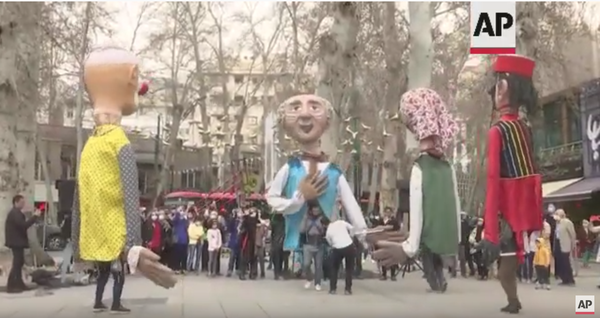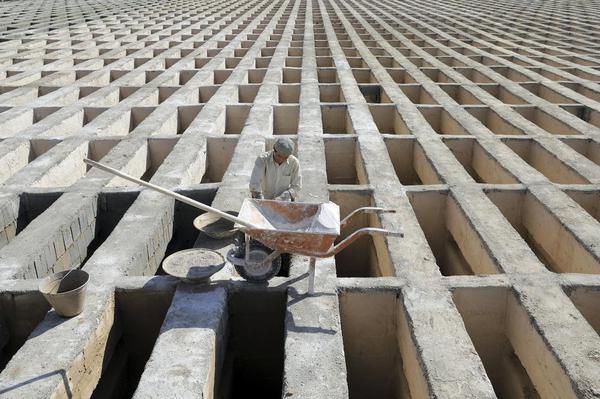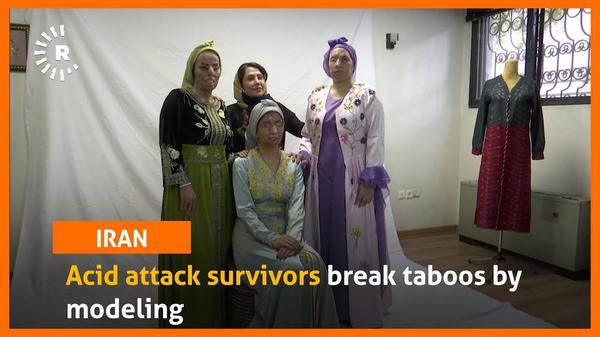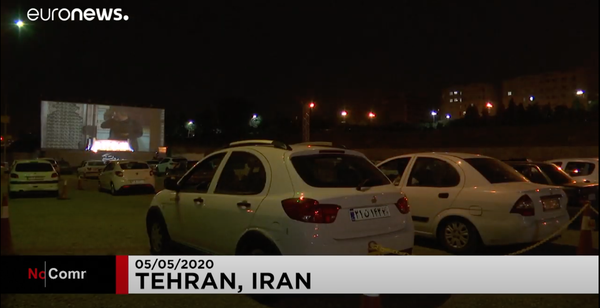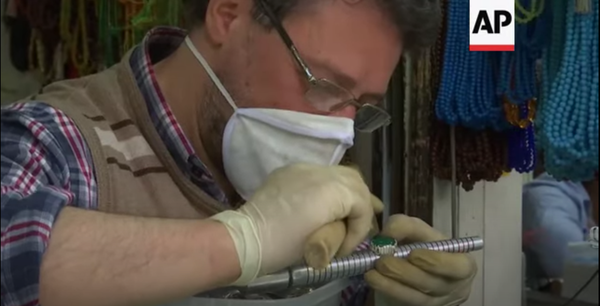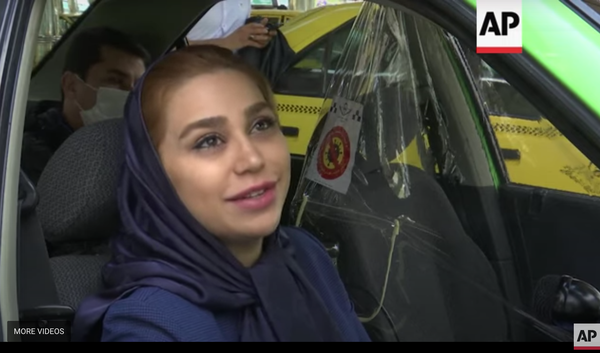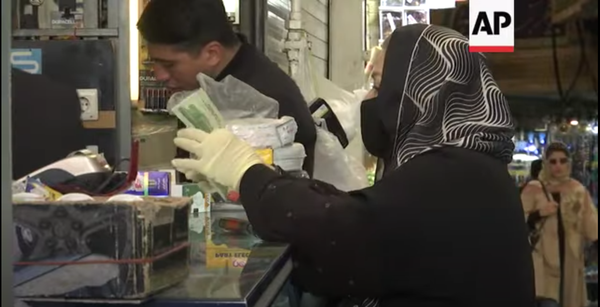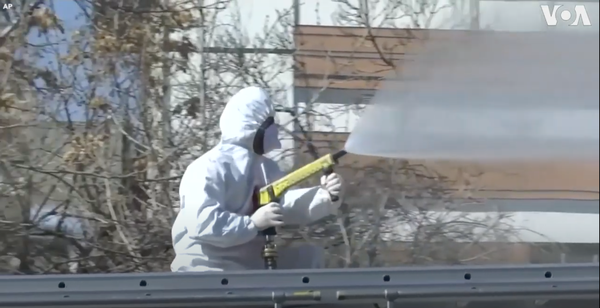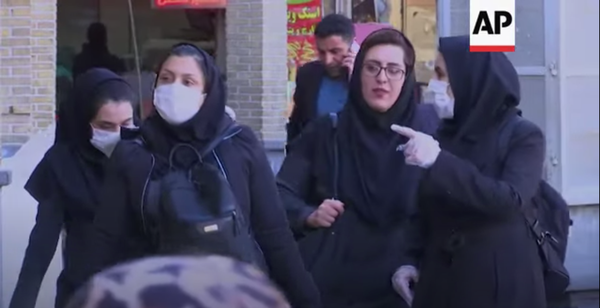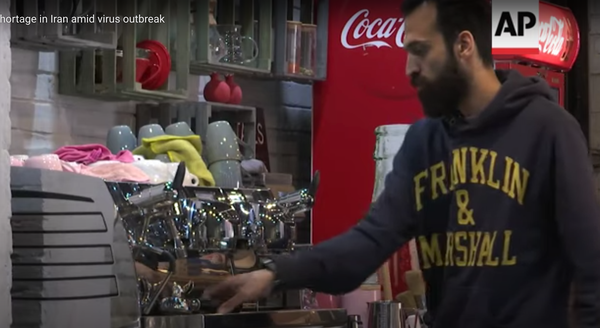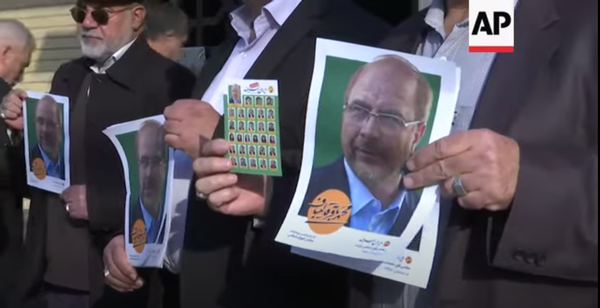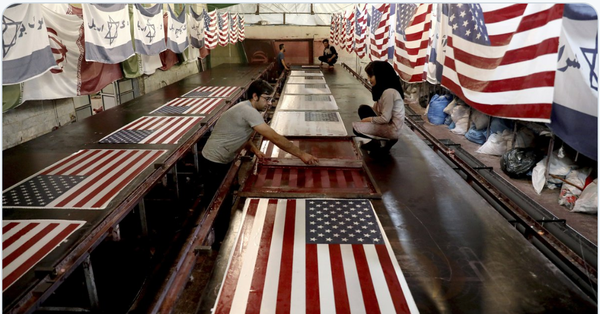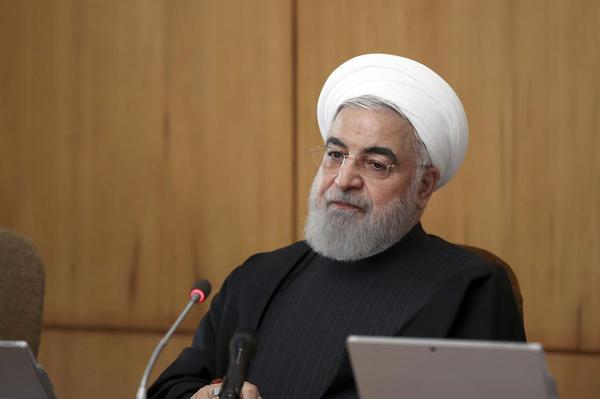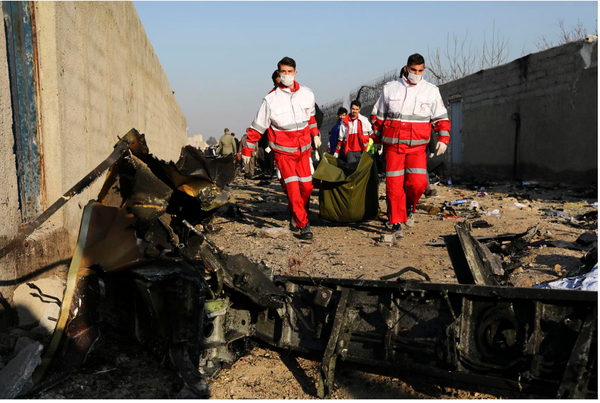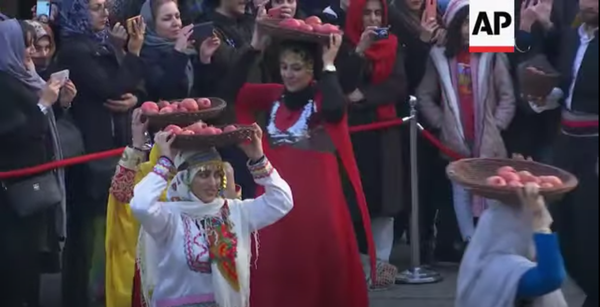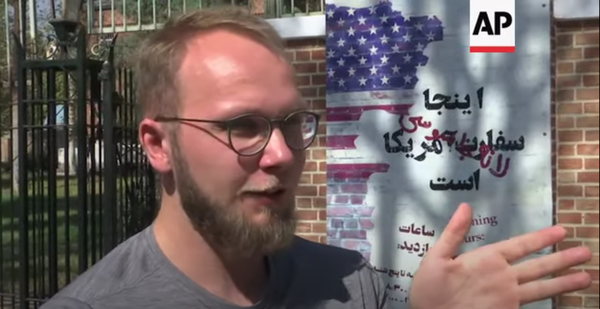Rudaw via AP
•
November 9, 2020
Acid attack survivors break taboos by modeling
An art gallery in Iran is breaking taboos by hiring acid attack victims to model for the first time in the country.
The objective is to challenge the common perception that only fine-looking persons can be successful in the modelling career.
Masoumeh Ataei, 37, became target of a blinding acid assault in a family feud.
When she sought a divorce from her husband in a failing marriage, her father-in-law flung acid in her face making both her eyes sightless.
"Perhaps facial beauty of a woman is all she has got. When that is destroyed, it is very difficult for a person to come to terms with it and return to the society once again, Ataei says.
But she decided to defy people's expectations, taking on the modelling job.
"I was very hesitant and was afraid of hearing inappropriate things from the people and was concerned about the consequences. But people gave me a very positive feedback," she adds.
Amen Khademi, is a fashion designer and owner of Mahuraa fashion gallery.
She is a former journalist who shifted her career to making Iranian folklore-themed dresses.
"In my opinion a woman is innately beautiful and her beauty is not just skin-deep," she says.
When she went through the life stories and suffering of several women who had their faces completely disfigured and their lives ruined by acid attacks, Amen came up with the idea of using them as models for showcasing her work.
Raising awareness was one of her aims besides selling her clothes and soon followers lauded her initiative.
Having undergone several surgeries, Masoumeh has been unable to see.
Two other models are Fatemeh Ghasemi, 27, who lost her left eye in 2016 in Tehran and Zeinab Ghanbari, 38 from Zanjan targeted by a begrudging sister-in-law and an ex-husband addicted to meth.
They are now confident enough to model for Mahuraa along with Masoumeh.
"I decided to do modelling because I wanted the society to see people like us more, so that they would not think we should stay at home and do nothing. In fact the only goal of acid throwers is to force us stay home and not continue our normal life," says Ghasemi.
In 2019, Masoumeh along with four other male and female acid attack survivors went to the Iranian parliament and spoke to lawmakers calling for harsher legislation against acid attackers.
Execution or life imprisonment were their suggestions as a means of causing deterrence for the crime.
Victims also demand a crackdown on easy sale of acid.
A string of acid attacks in the central city of Isfahan in 2014 prompted public outcry across the country. Assailants are still at large.
